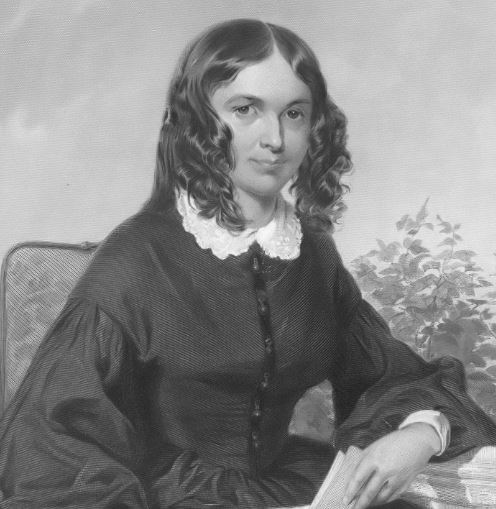Many depictions of the ‘Pilgrim Fathers’ in nineteenth-century British literature offer a positive, idealised, even elegiac portrayal of the settlement of New Plymouth. After all, according to the myth popularised by Felicia Hemans, these were the brave men and women who laid the foundation of a great nation. However, the mythology of the Mayflower was also put to less celebratory uses. Perhaps the most well-known example is Elizabeth Barrett Browning’s ‘The Runaway Slave at Pilgrim’s Point’ (1848); a controversial mid-century poem that grapples with issues of race, slavery, and injustice from an explicitly abolitionist perspective. Originally intended for publication in the 1848 edition of The Liberty Bell, an antislavery annual based in Boston, Browning – born in County Durham – feared the work was ‘too ferocious, perhaps, for the Americans to publish’. [1]
The Runaway Slave at Pilgrim’s Point
Leave a Reply

